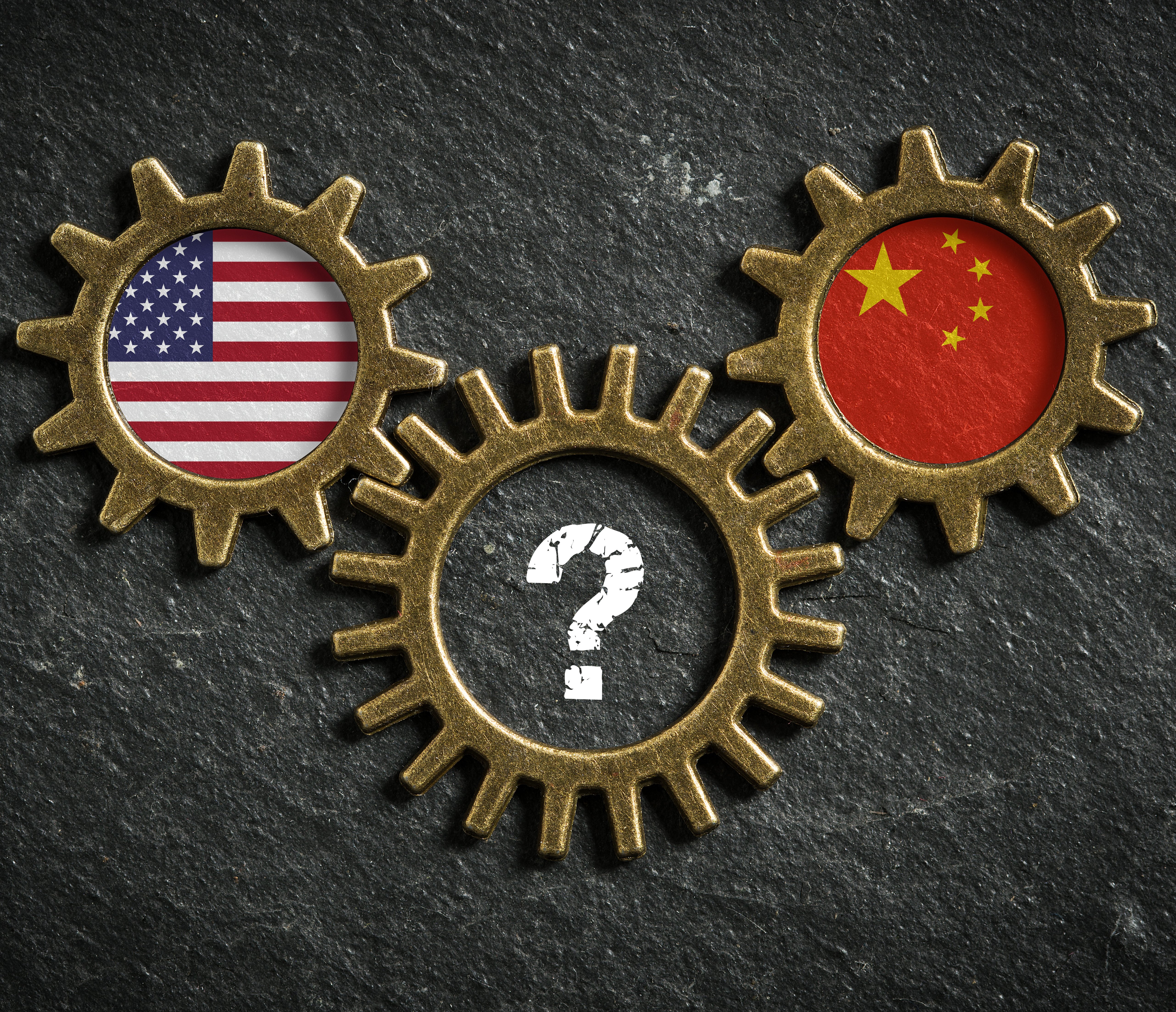How China Can Lead the Way Towards Cooperative Innovation: A Discussion with Amb. Craig Allen, President of U.S.-China Business Council
How China Can Lead the Way Towards Cooperative Innovation: A Discussion with Amb. Craig Allen, President of U.S.-China Business Council
Monday, March 11, 20194:30 PM - 6:00 PM (Pacific)
WE HAVE REACHED VENUE CAPACITY AND ARE NO LONGER ACCEPTING RSVPS
Forty years after the reestablishment of diplomatic relations between the United States and China, we are at a historic inflection point defined by more and more competition and less and less cooperation. Both countries have actively traded economic blows and we have demonstrably proven that we are most capable of hurting each other. There are voices on both sides clamoring for economic decoupling amidst a severe collapse of trust, and that trust deficit is most starkly on display in the realm of technology and innovation. In many respects, China’s technological transformation has been a boon to the United States. It is, in fact, impossible to imagine a Silicon Valley without China. But US concerns over China’s policies and practices in the high-tech sphere are very real. The US Trade Representative’s Section 301 report accurately identifies a suite of anti-competitive and unfair practices that cannot continue if cooperative innovation is to thrive. History shows that the United States and China can both choose to make progress together, or we can both choose to struggle together. There are steps China can take to right this course, steps that are in its own economic interests as well as ours.

On July 26, 2018, Ambassador Craig Allen began his tenure in Washington, DC, as the sixth President of the United States-China Business Council, a private, nonpartisan, nonprofit organization representing over 200 American companies doing business with China. Ambassador Allen began his government career in 1985 at the Department of Commerce’s International Trade Administration (ITA) where, from 1986 to 1988, he worked as an international economist in ITA’s China Office. In 1988, Allen transferred to the American Institute in Taiwan, where he served as Director of the American Trade Center in Taipei. He returned to the Department of Commerce for a three-year posting at the US Embassy in Beijing as Commercial Attaché in 1992. In 1995, Allen was assigned to the US Embassy in Tokyo where he was promoted to Deputy Senior Commercial Officer in 1998. Allen became a member of the Senior Foreign Service in 1999. Starting from 2000, he served a two-year tour at the National Center for APEC in Seattle where he worked on the APEC Summits in Brunei, China, and Mexico. In 2002, Allen first served as the Senior Commercial Officer in Beijing where he was later promoted to the Minister Counselor rank of the Senior Foreign Service. After a four-year tour in South Africa, Ambassador Allen became Deputy Assistant Secretary for Asia at the US Department of Commerce’s International Trade Administration. He later became Deputy Assistant Secretary for China. Ambassador Allen was sworn in as the United States ambassador to Brunei Darussalam on December 19, 2014 where he served until he transitioned to take up his position as President of the US-China Business Council.
The US-China Business Council is a private, nonpartisan, nonprofit organization of approximately 200 American companies that do business with China. For more information regarding the USCBC, click here
This event is part of the China Program’s Colloquia Series entitled "A New Cold War?: Sharp Power, Strategic Competition, and the Future of U.S.-China Relations " sponsored by Shorenstein APARC's China Program.
A New Cold War?: Sharp Power, Strategic Competition, and the Future of U.S.-China Relations
 Trade conflict has exploded. The media is rife with stories of China’s unfair trade practices, cyber theft, IP theft and forced technology transfers. Who will first scale the commanding heights of technological supremacy? Who will be the first mover in AI, robotics and biotechnology? What are the implications of Beijing’s ambitious infrastructure projects, including its Belt and Road Initiative? How is China’s “sharp power” deployed, and what are its implications for political and civic life in the U.S.? Can the Trump administration and Beijing’s leadership reach agreement on our trade disputes? Are these just the beginning salvos of an increasingly turbulent future? As U.S. policy towards China sharply veers away from “constructive engagement” to “strategic competition,” the Stanford China Program will host a series of talks by leading experts to explore the current state of our bilateral relations, its potential future, and their implications for the world order.
Trade conflict has exploded. The media is rife with stories of China’s unfair trade practices, cyber theft, IP theft and forced technology transfers. Who will first scale the commanding heights of technological supremacy? Who will be the first mover in AI, robotics and biotechnology? What are the implications of Beijing’s ambitious infrastructure projects, including its Belt and Road Initiative? How is China’s “sharp power” deployed, and what are its implications for political and civic life in the U.S.? Can the Trump administration and Beijing’s leadership reach agreement on our trade disputes? Are these just the beginning salvos of an increasingly turbulent future? As U.S. policy towards China sharply veers away from “constructive engagement” to “strategic competition,” the Stanford China Program will host a series of talks by leading experts to explore the current state of our bilateral relations, its potential future, and their implications for the world order.
